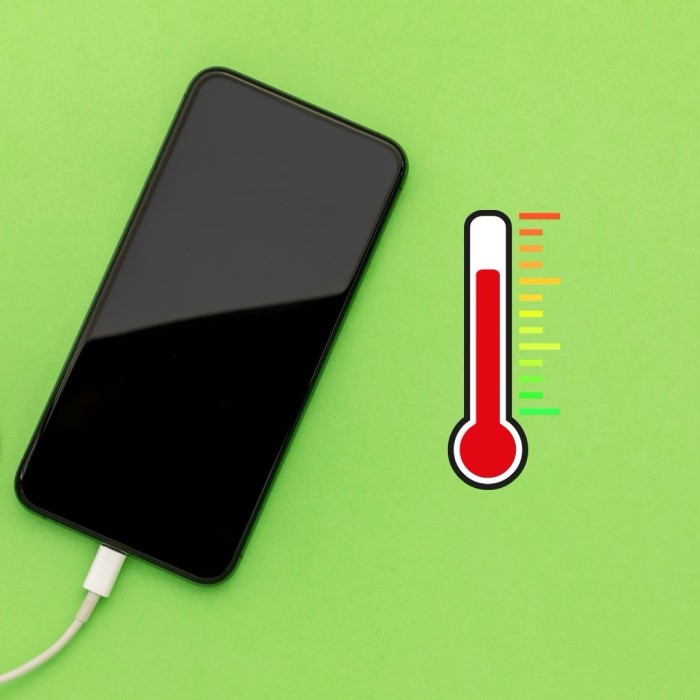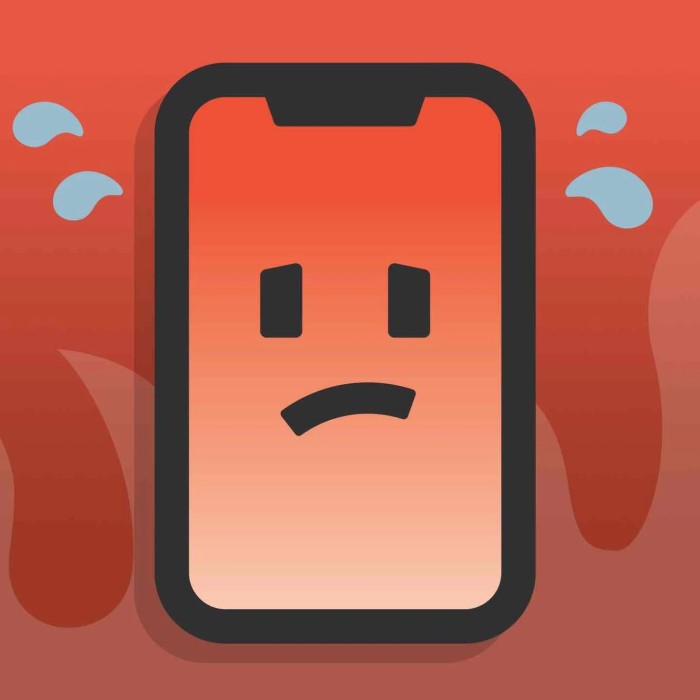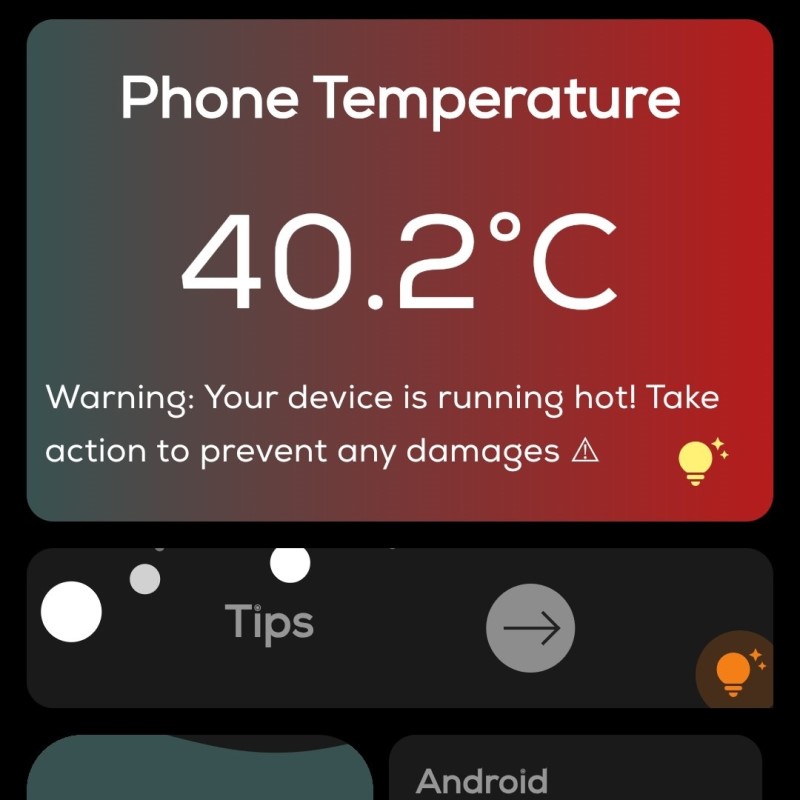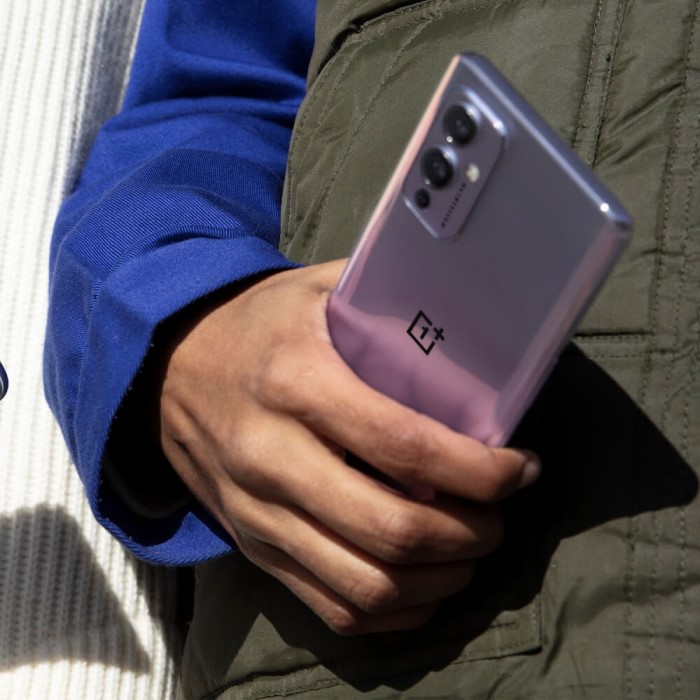If you’ve ever found yourself puzzled by the question, “Why is my phone getting hot for no reason?” you’re certainly not alone. Many smartphone users have faced this frustrating and concerning issue at one point or another. In a world increasingly reliant on technology, our smartphones have become indispensable tools for communication, entertainment, and work. As such, discovering your phone heating up unexpectedly can lead to anxiety about its health and performance.

Excessive heat can potentially impact the internal components of your device, leading to decreased efficiency, battery damage, or even complete hardware failure in extreme cases. Therefore, it’s essential to understand the factors contributing to this common occurrence and explore effective solutions that can help keep your device operating at optimal temperatures.
Common Causes of Phone Overheating
Why is my phone getting hot for no reason? Identifying the root cause of your phone’s overheating is the first step toward resolution. There are numerous factors that can contribute to unexpected heat generation, including:
1. Processor Load
The processor (CPU) is the heart of your smartphone. It manages all the tasks and operations happening within the device. When you use power-intensive applications—like games with complex graphics, augmented reality apps, or video editing software—the processor works hard and generates significant heat as a byproduct. Running multiple demanding applications simultaneously can increase the load on the processor, further intensifying heat generation.
Be mindful of how many applications you are using at any one time. If you frequently find your phone getting hot, try to limit the number of active applications and see if temperatures stabilize.
2. Environmental Factors
External conditions play a crucial role in contributing to overheating. High ambient temperatures, direct sunlight, or simply leaving your phone in a hot environment can lead to increased heat within the device. For instance, if you leave your phone on the dashboard of your car during a sunny day, the internal components can easily become excessively warm.
Additionally, using your phone outdoors during hot weather for an extended period can also lead to overheating. If you notice that your phone becomes warm quickly, try to keep it in a cooler environment.
3. Battery Health
Batteries naturally generate heat, especially when charging. However, an aging or damaged battery can exhibit erratic behavior, leading to excessive heat generation. Lithium-ion batteries have a finite lifespan, and as they age, they may not charge or discharge efficiently, resulting in increased temperatures.
Check your phone’s battery health using settings available in many smartphone models. If your battery’s health is considerably diminished, it may be time to replace it.
4. Background Applications
Many apps run in the background, constantly updating and syncing data. This continuous activity can place a strain on your device, even when you are not using those apps actively. Popular social media platforms, email clients, and cloud storage applications often keep backgrounds running. To determine if background processes are overheating your phone, navigate to the settings menu and check which apps are consuming the most battery and resources.
5. Malware and Bloatware
In some cases, malware or pre-installed applications (bloatware) can cause your phone to overheat. Malware operates silently, using system resources and draining battery power without your permission. Similarly, unnecessary bloatware takes up valuable resources that increase the operating temperature of your device. Ensure that your phone is equipped with a reliable security solution and consider uninstalling any applications that you do not use.
How Do I Stop My Phone from Overheating?
Preventing your phone from overheating involves implementing several practical and strategic actions. Here are some effective solutions to consider:
1. Close Unused Apps
Regularly check open applications and close any that are not actively being used. This will reduce the overall load on your processor and help to keep temperatures down. Most smartphones allow you to swipe away apps running in the background easily, enabling a quick clean-up.
2. Limit App Usage
Be mindful of how long you engage with power-hungry applications such as games and video streaming services. Taking breaks can significantly relieve stress on your phone, allowing it to cool down periodically. If you’re playing a game, consider taking short intervals in between levels to give your device some breathing space.
3. Optimize Charging Practices
Charging can be a significant contributor to overheating, especially if done improperly. Always use the manufacturer-recommended charger or high-quality third-party options. Avoid using your phone while it’s charging, as this can lead to higher temperatures due to the combined heat from both charging and application use. Furthermore, turning off your phone while charging can accelerate the cooling process.
4. Utilize Battery Saver Modes
Most modern smartphones include power-saving modes that restrict background data and limit resource-intensive tasks. Activating this feature can help manage overheating, especially during prolonged usage. Expect somewhat reduced performance, but improved temperature management.
5. Avoid Blocking Ventilation
If your phone is in a case, ensure that it allows for ventilation. Some cases may trap heat, exacerbating overheating issues. Consider removing your case during resource-heavy tasks or while charging to promote better airflow.
6. Keep Software Updated
Regular updates contain essential bug fixes and improvements that can enhance device performance. Software updates may address known issues related to overheating and ensure that your smartphone runs efficiently. Check regularly for system updates and install them when available.
Should I Be Worried If My Phone Is Hot?
Why is my phone getting hot for no reason? You might be asking yourself, “Should I be worried if my phone is hot?” In most cases, moderate warmth is normal. However, there are considerations to keep in mind:
1. Moderate Temperature vs. Excessive Heat
While a slight increase in temperature during heavy usage isn’t alarming, excessive heat can signal potential problems. If your phone becomes hot to the touch or shuts down unexpectedly due to temperature concerns, it’s a good idea to investigate the situation further.
2. Long-Term Effects of Overheating
Consistent overheating can irreversibly damage your phone’s hardware, especially the battery. Lithium-ion batteries are particularly susceptible to degradation when exposed to excessive heat over time. It can lead to reduced battery life, swelling, and in extreme cases, battery failure, which poses safety risks. Therefore, continuously monitoring your device’s temperature is crucial.
3. Consulting a Professional
If overheating persists despite your best efforts to limit it, consider seeking professional assistance. A technician can accurately diagnose hardware issues, such as battery problems, or determine if your device may require replacement of components.
Why Did My Phone Get Really Hot Out of Nowhere?
Experiencing moments when your phone heats up unexpectedly can be frustrating. Several underlying factors can cause sudden temperature spikes:
1. Background App Activity
Occasionally, background applications may suddenly start consuming excessive resources, raising temperatures abruptly. Apps may update or sync data, especially after a device reboot or following a software update. Review active applications regularly and close any that are unnecessary.
2. Updates and New Software
After a software update or installation of new apps, your phone may work harder to optimize the changes. This temporary increase in processor load might lead to hot temperatures. If the heating issue persists, consider troubleshooting further by rebooting your device or clearing cache data for affected applications.
3. Hardware Malfunctions
If you notice significant overheating following specific usage patterns, there may be a fault in your device’s internal components. Some elements may not operate correctly and could generate heat as a result. In such cases, a technician’s evaluation is recommended to address potential hardware failures.
Keeping Your Phone Cool: Practical Tips
Maintaining an optimal temperature for your smartphone is essential for longevity and performance. Here are some practical tips:
1. Avoid Direct Sunlight
When spending extended periods outdoors, avoid leaving your phone in direct sunlight. Shade is your friend; place it in your pocket or a cooler environment when not in use. This adjustment can significantly lower the chances of accidental overheating.
2. Utilize Airplane Mode in Low-Signal Areas
In areas with weak signals, your phone works extra hard to connect to the network, which can lead to overheating. Activating Airplane Mode can help alleviate the strain on the device. You can still use Wi-Fi and apps that don’t require data, reducing the chances of excessive warm-up.
3. Remove Cases While Charging
If your device heats up during charging, consider removing the case. Cases can often trap heat, exacerbating the problem. This simple act can improve airflow and prevent unwanted heat buildup.
4. Regular Maintenance
Periodically performing maintenance on your device, such as clearing cache data and deleting unused applications, can promote better performance and reduce overheating risks. Additionally, keep your device updated to the latest software, ensuring optimal functionality without unnecessary strain.
Conclusion: Why Is My Phone Getting Hot for No Reason?
In conclusion, the question “why is my phone getting hot for no reason?” reflects a common concern among smartphone users. Recognizing the various factors contributing to overheating—such as processor load, environmental conditions, battery health, background applications, and potential malware—can help users find effective strategies to address the issue.
Implementing proactive measures, including monitoring app usage, optimizing charging practices, and utilizing power-saving modes, can significantly reduce the risk of overheating. Remember, while moderate heat generation is normal, excessive heat can cause substantial damage to your phone’s internals. With diligent care and monitoring, you can maintain your smartphone’s longevity and efficiency while minimizing the anxiety associated with unexpected heat.
If overheating issues persist despite your best intentions, consulting a professional can help diagnose potential problems and lead you toward a resolution. Stay informed about your device, and you’ll be well-equipped to enjoy all the capabilities your smartphone has to offer without the worry of unwanted overheating.



